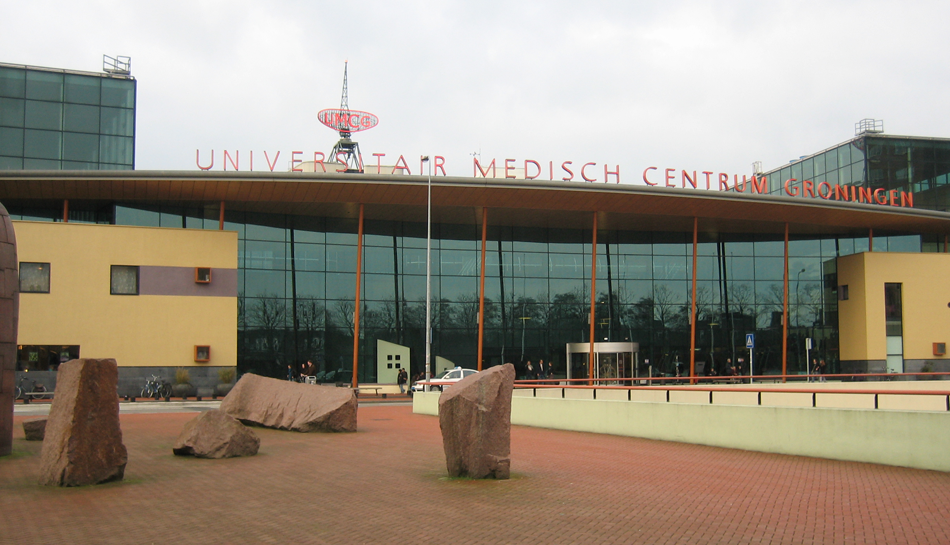
Akston Biosciences has dosed the first participant to receive its vaccine candidate, AKS-452, in a Phase I/II trial in the Netherlands.
The open-label trial is being managed by TRACER Europe, a contract research organisation with expertise in fast-track clinical trials, and is being conducted at the University Medical Center Groningen (UMCG), one of the Netherlands’ largest hospitals.

Discover B2B Marketing That Performs
Combine business intelligence and editorial excellence to reach engaged professionals across 36 leading media platforms.
Akston’s candidate – described by the company as a ‘second-generation’ vaccine – can retain its potency for at least four months at 25°C and is shelf-stable for one month at 37°C.
This stability is down to AKS-452 not containing a live or weakened form of the virus. The vaccine has been designed to use standard, low-cost antibody manufacturing techniques, which the company says means that a single 2,000-litre production line could be capable of producing over one billion doses per year.
The Phase I/II open-label study will evaluate 176 healthy volunteers between the ages of 18 and 65. Participants will receive one dose or two doses 28 days apart and the trial will assess three dose levels (22.5, 45, and 90 micrograms) to ascertain safety, tolerability, and immune response.
AKS-452 has already shown ‘robust protection’ against Covid-19 infection in immunised non-human primates.

US Tariffs are shifting - will you react or anticipate?
Don’t let policy changes catch you off guard. Stay proactive with real-time data and expert analysis.
By GlobalDataThe candidate is based on Akston’s proprietary Fc fusion protein platform. It is engineered to induce or boost a Th1/Th2 mixed immune response in patients against the Receptor Binding Domain (RBD) of the novel coronavirus spike protein.
Massachusetts-based Akston said directing the immune system against the RBD instead of the entire spike protein may be the most efficient way to prevent viral attachment and infection with minimal side effects. Being the primary site for infection, the RBD is highly conserved among mutated forms of the virus, and preclinical studies of AKS-452 have demonstrated robust antibody neutralisation of the UK and South Africa variants.
“This is an important milestone in meeting the worldwide need for a next-generation vaccine against the SARS-CoV2 virus, one that is stable for months at ambient temperatures and can be quickly manufactured at very large scale,” said Akston Biosciences president and CEO Dr Todd Zion.
“If proven safe and efficacious, AKS-452 promises to become an affordable and easily transportable vaccine that can speed the goal of achieving herd immunity, considering 93% of the world still has not been vaccinated. We believe that this is a vaccine for everywhere and everyone in the world.”
Akston expects safety and immune response read-outs in the second quarter of 2021. The first submission for regulatory authorisation will be in the EU.
“As a surgical oncologist, I treat patients every day who remain at great risk for Covid-19 infection,” said the trial’s principal investigator at the UMCG, Dr Schelto Kruijff.
“I am proud to be part of testing this highly innovative vaccine. From my volunteer work in Malawi and Kenya, I understand how important it would be to have a vaccine like this, which can be transported and stored for months without refrigeration.”





